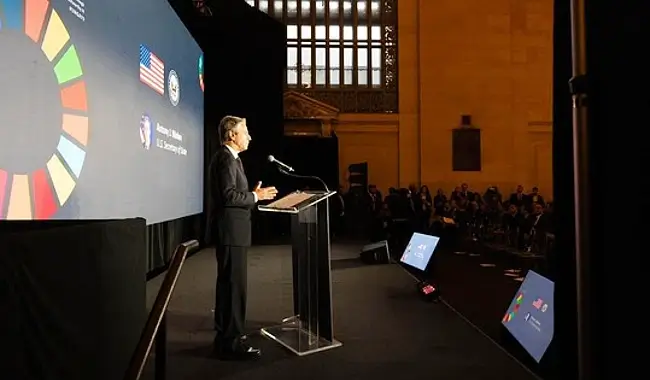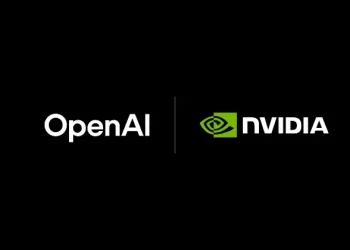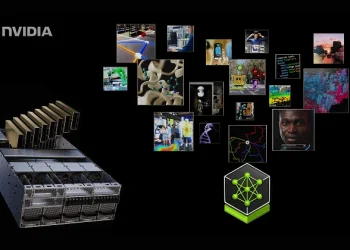Artificial intelligence (AI) is set to transform the future, but how can we ensure its benefits are shared equitably across the globe?
This week at the United Nations General Assembly, U.S. Secretary of State Antony J. Blinken emphasized the importance of making AI safe, secure, and inclusive for all.
In partnership with leading tech companies, the U.S. is leading an initiative to make AI accessible to underserved communities around the world.
U.S. Pushes for Inclusive AI at the U.N.
The U.S. is committed to fostering AI technology that benefits not just a select few but people worldwide. At the U.N. General Assembly, Secretary Blinken announced a new public-private partnership, combining efforts from companies like Microsoft, Google, and OpenAI.
This partnership aims to bring AI’s power to developing countries by focusing on three essential areas:
- Compute: Expanding access to cutting-edge AI models and tools.
- Capacity: Providing training to help communities use and adapt AI.
- Context: Developing AI that reflects local cultures and languages.
The initiative represents over $100 million in commitments from both the government and private sector to ensure AI serves as a force for good globally. This focus on inclusivity is not just a matter of fairness—it’s essential for maximizing AI’s potential to solve some of the world’s most pressing problems.

Why AI Inclusivity Matters
As technology evolves, so does the risk of it becoming exclusive. Communities that lack access to AI will fall further behind in terms of development, education, and economic opportunity.
Authoritarian regimes already use AI and other digital tools to control information, surveil populations, and repress freedoms.
The U.S. government and its partners are determined to combat this trend by ensuring AI is used to enhance rights, privacy, and democracy.
In Blinken’s words,
“No country, no community, no particular people have a monopoly on good ideas.”
Inclusivity in AI isn’t just an ideal; it’s a necessity for global stability and progress. For the AI revolution to be truly transformative, we must give everyone—regardless of location—the opportunity to benefit.
The Path Forward
The U.S. initiative to make AI more inclusive is an ambitious one. The program will focus on three main aspects: improving access to AI technology, increasing training efforts, and tailoring solutions to local contexts.
By partnering with major companies like Amazon, Meta, and Nvidia, the initiative will empower communities in developing nations to use AI for local problem-solving.
Furthermore, the U.S. plans to invest an additional $33 million to help countries build governance frameworks that protect citizens’ rights while promoting innovation.
Main Benefits of the Initiative:
- Helps close the AI access gap in underserved communities.
- Strengthens global collaboration on AI’s ethical development.
Through this partnership, AI will become a tool for empowerment rather than exclusion. While challenges remain, including ensuring responsible AI development, the potential for positive impact is enormous.
Public-Private Partnership on AI Inclusivity
Area of Focus |
Objective |
|---|---|
| Compute | Expand access to AI tools and open-source models |
| Capacity | Train communities to use and adapt AI technology |
| Context | Localize AI models to reflect diverse cultures and languages |
A Future Built on Shared AI
Secretary Blinken’s speech at the U.N. General Assembly marks a critical step in ensuring AI technology serves all of humanity, not just a few. By combining government resources with the innovation of private companies, the U.S. is spearheading a movement to make AI both inclusive and ethical.
The goal is simple but profound: use AI to uplift communities, protect rights, and foster global equity.
In the months ahead, as this initiative unfolds, it will be vital for both governments and private sectors to remain committed to this vision of a more inclusive AI future—one where technology truly serves everyone, no matter where they live.
Sources: THX News & US Department of State.









